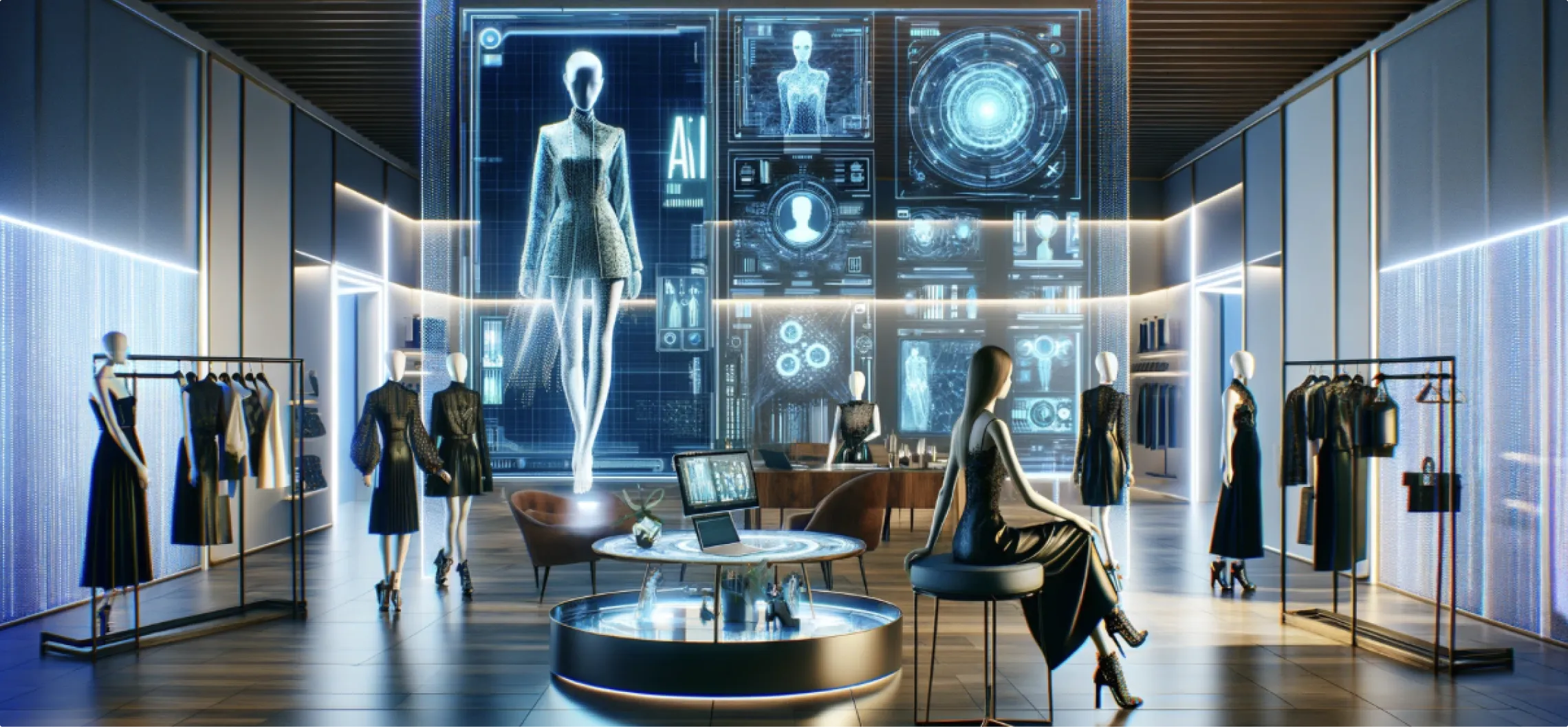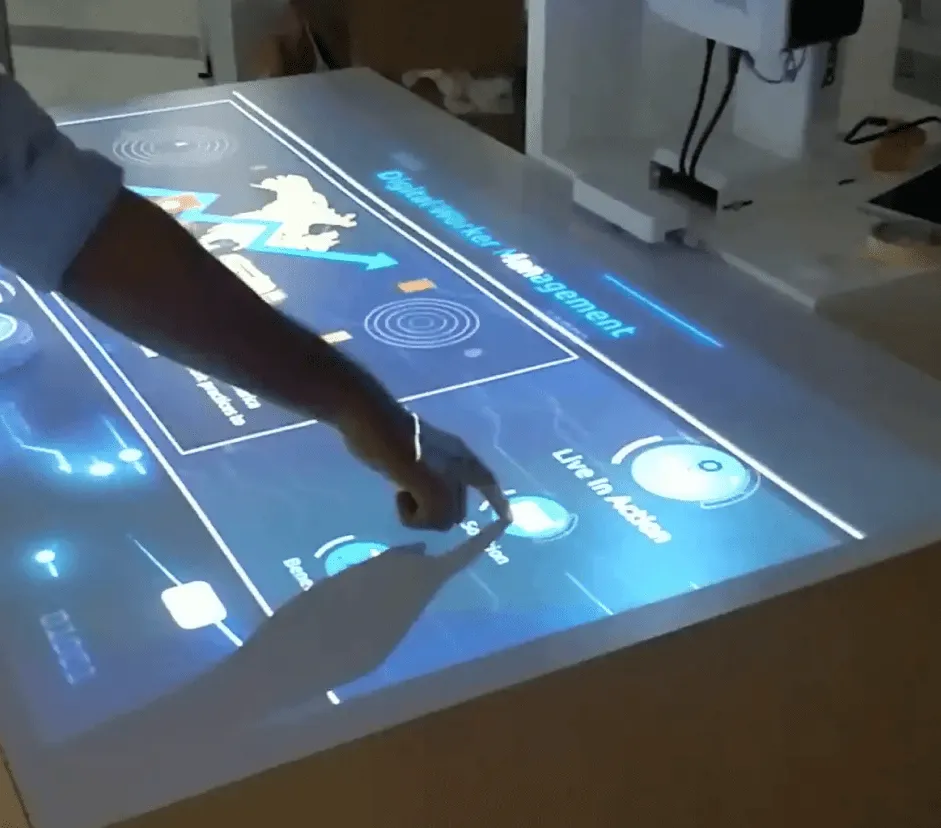Exploring B2B Virtual Reality Future: Trends and Opportunities

Introduction
B2B Virtual Reality utilizes virtual reality technologies for business-to-business interactions, expanding beyond entertainment to collaboration, training, and sales, with the possibilities for the future seeming limitless.
Rising Trends in B2B Virtual Reality
Adoption by Industries
Businesses in industries such as manufacturing, healthcare, and architecture are using B2B VR more and more for activities like remote collaboration and design visualization.
Collaborative Virtual Workspaces
One of the prominent trends is the emergence of collaborative virtual workspaces. Imagine teams spread across the globe working seamlessly in a shared virtual environment, fostering creativity and efficiency.
Virtual Product Demonstrations
Traditional product demonstrations are now being replaced by virtual experiences. This not only saves costs associated with physical prototypes but also allows potential clients to interact with products in a virtual realm.
Enhanced Training Programs
Training programs are undergoing a revolution with the integration of simulated learning environments. From medical procedures to complex machinery operations, employees can now learn in a risk-free virtual space.
Immersive Sales Pitches
Engaging Clients with Virtual Presentations
Gone are the days of PowerPoint presentations. B2B VR enables businesses to engage clients with immersive virtual presentations, providing a firsthand experience of products and services.
The Impact on Closing Deals
The impact of virtual reality on closing deals is substantial. Clients are more likely to commit when they can visualize and experience the value proposition in a virtual environment.
Revolutionizing Conferences and Events
Virtual Trade Shows and Expos
In the wake of global challenges, virtual trade shows and expos have gained prominence. Businesses can showcase their offerings to a global audience without the need for physical presence.
Global Accessibility
Geographical barriers are diminishing as B2B VR allows participants from around the world to attend conferences and events, fostering international collaborations.
Future Innovations in B2B Virtual Reality
Integration with AI and IoT
The integration of B2B VR with Artificial Intelligence (AI) and the Internet of Things (IoT) is on the horizon, promising even more sophisticated and interconnected virtual experiences.
Customization and Personalization
Future B2B VR solutions will likely focus on customization, tailoring virtual experiences to specific business needs and individual preferences.
Long-Term Benefits for Businesses
Businesses should think about the long-term advantages of B2B VR, such as maintaining competitiveness, attracting top personnel, and future-proofing operations, in addition to the short-term profits.
Contact Us Now:
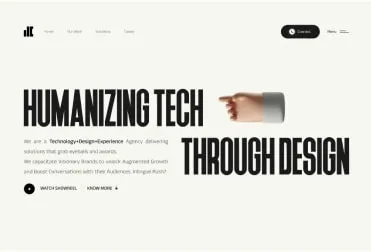
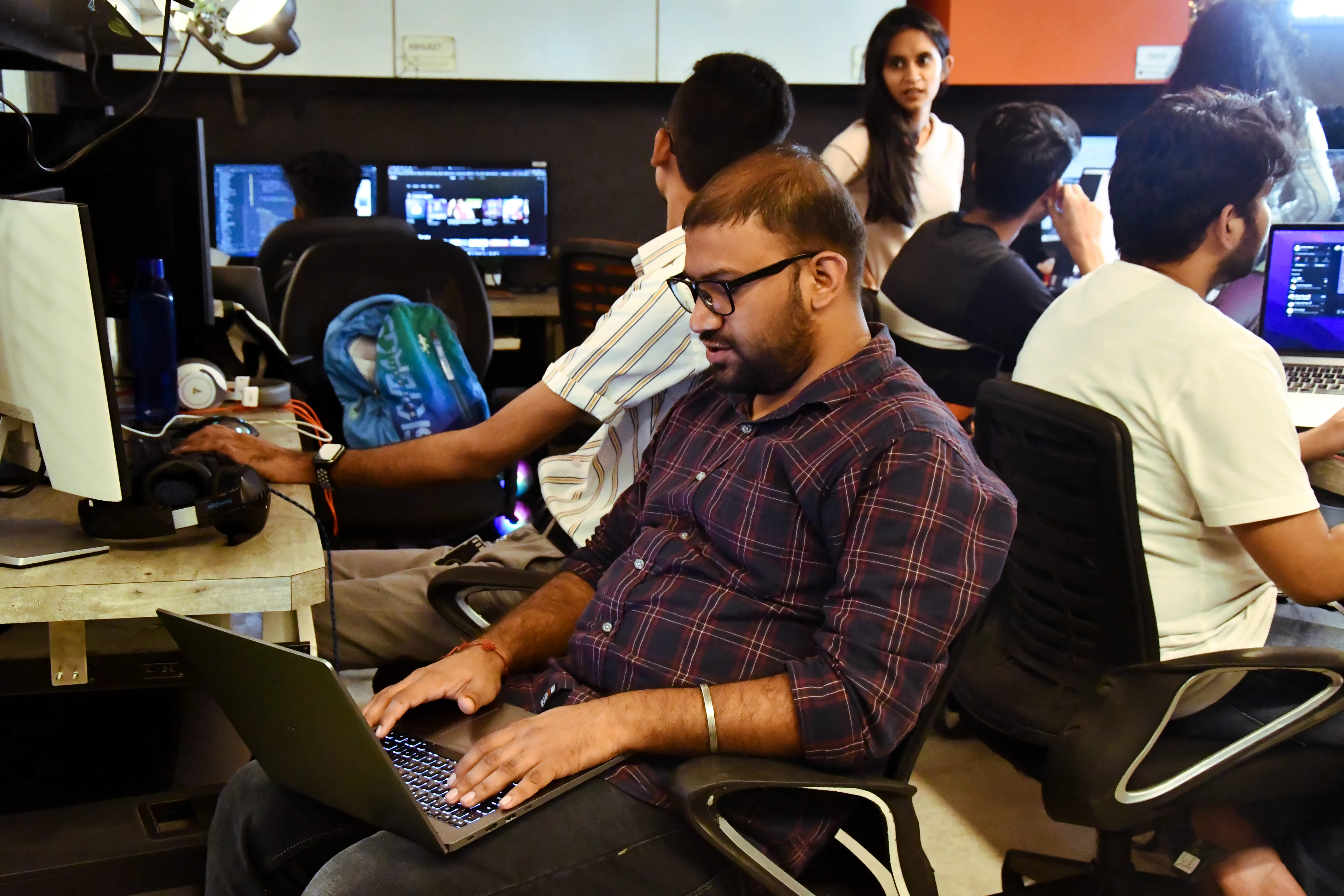
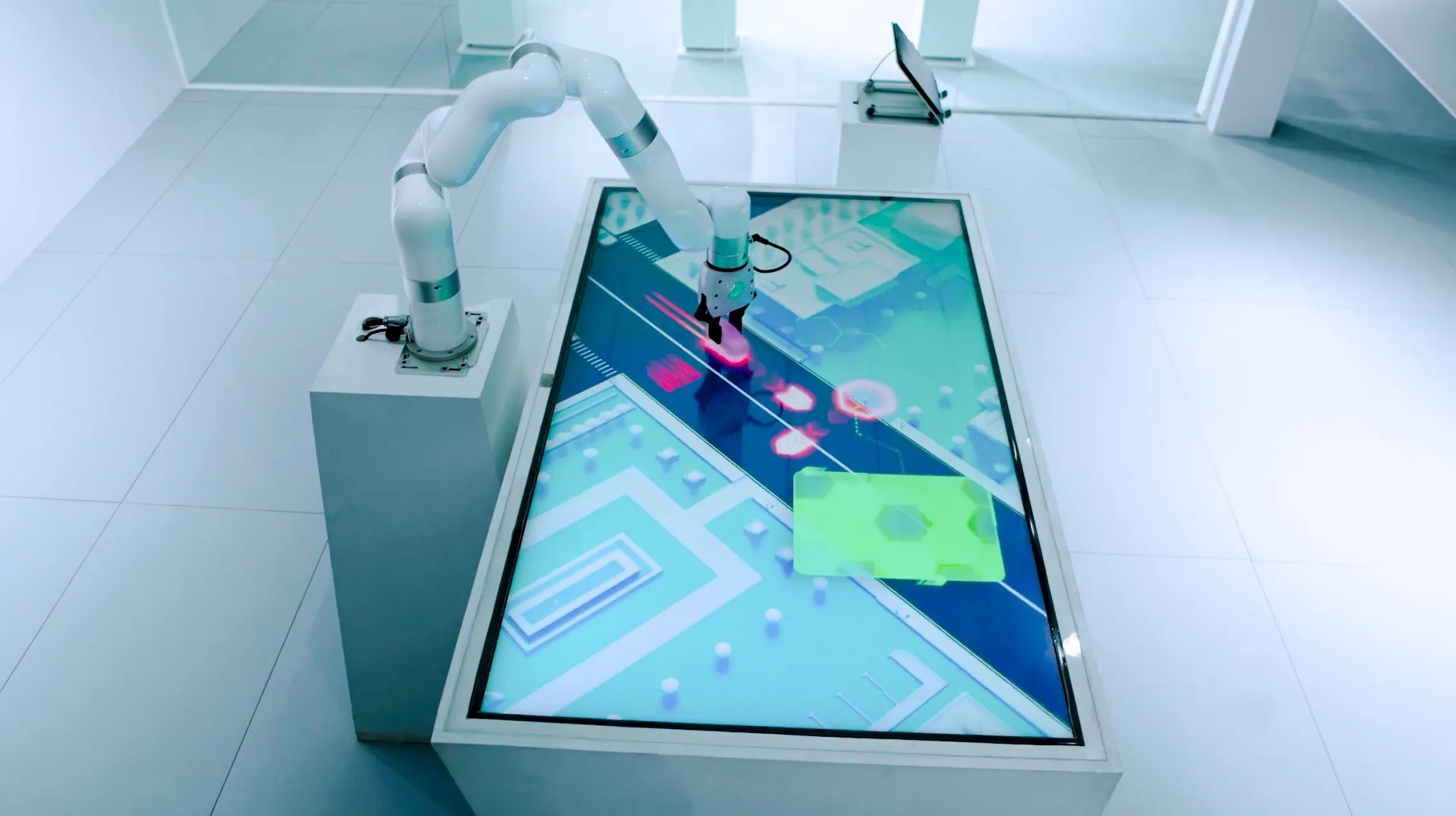
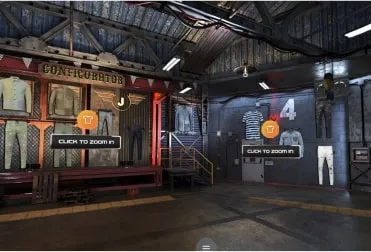
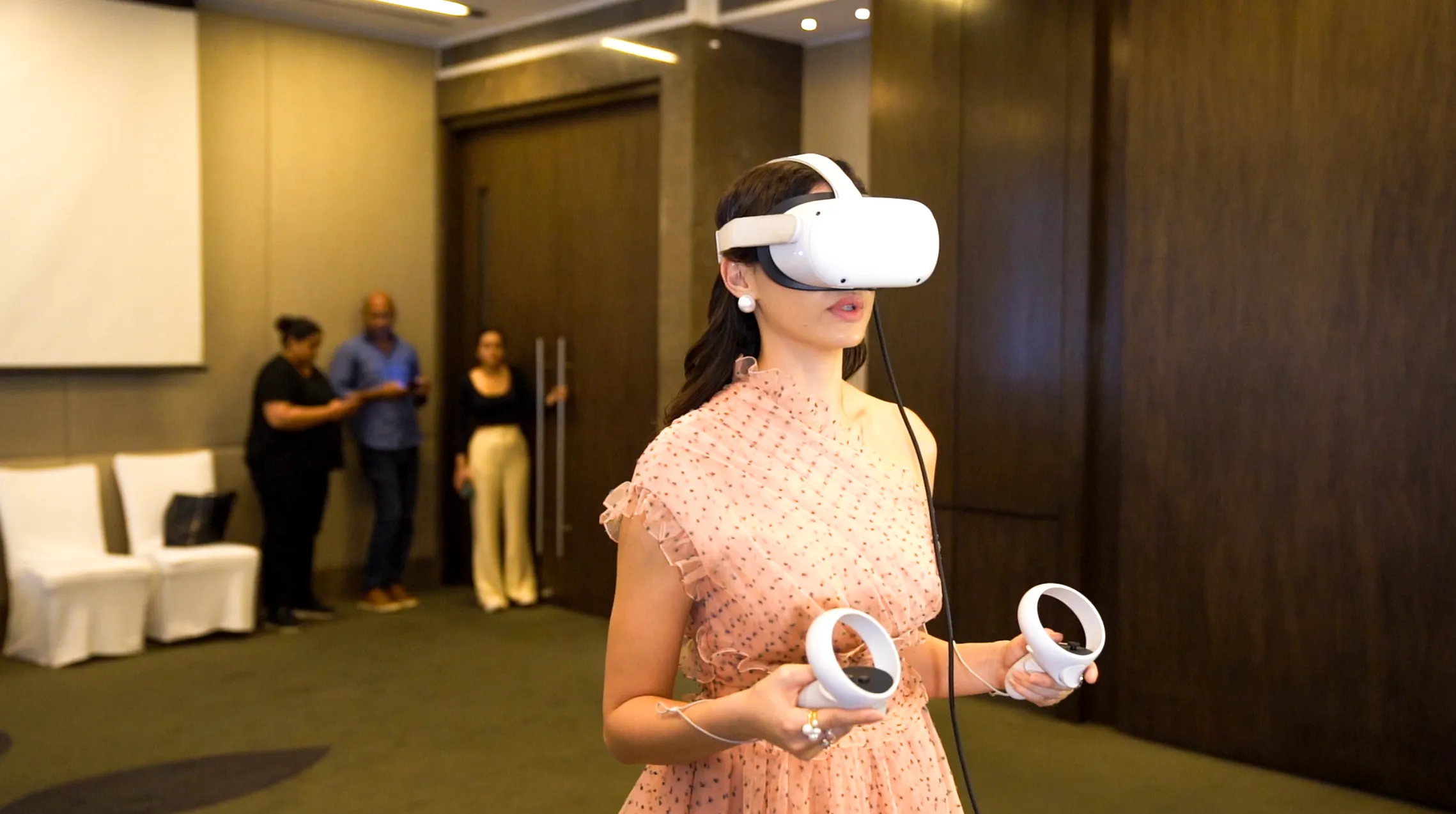

.CNhas5IL_ZqBJiz.webp)


